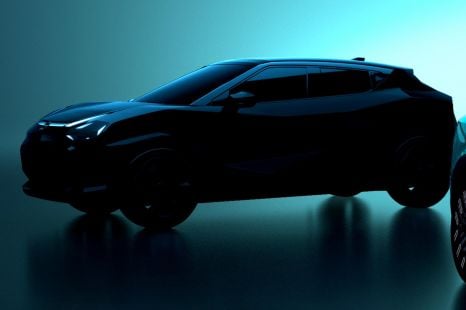

Damion Smy
Nissan Juke EV will use Leaf platform, due in 2026 - report
12 Hours Ago
BMW says some of its coupes and convertibles don't have a future, though hydrogen fuel-cell vehicles do – and it'll continue to work with Toyota on developing both.

News Editor
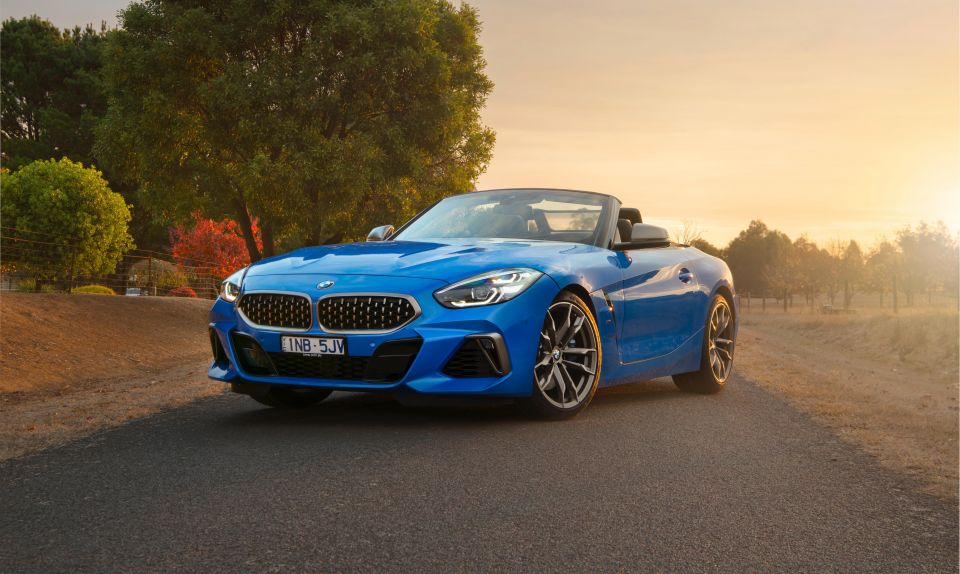

News Editor
Tighter ties with Toyota are on the table at BMW – but low profit cars like convertibles could be cut
Reuters reports the two companies want to further their ties in the development of fuel-cell vehicles and convertibles, with their partnership continuing beyond 2025.
While that assures the future of the Z4 drop-top, BMW’s CEO Oliver Zipse has said other convertibles – as well as coupes – mightn’t survive.
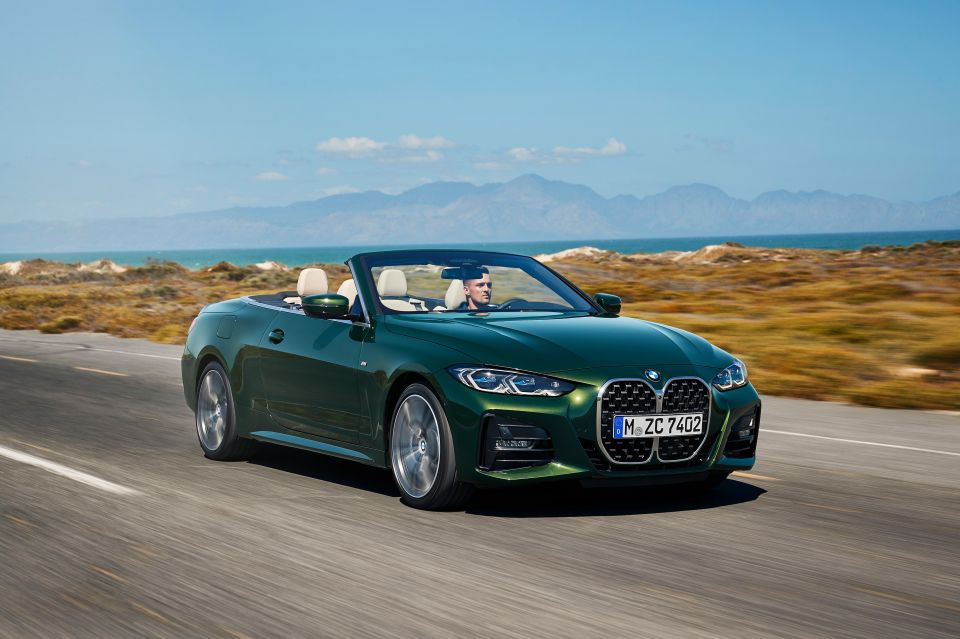
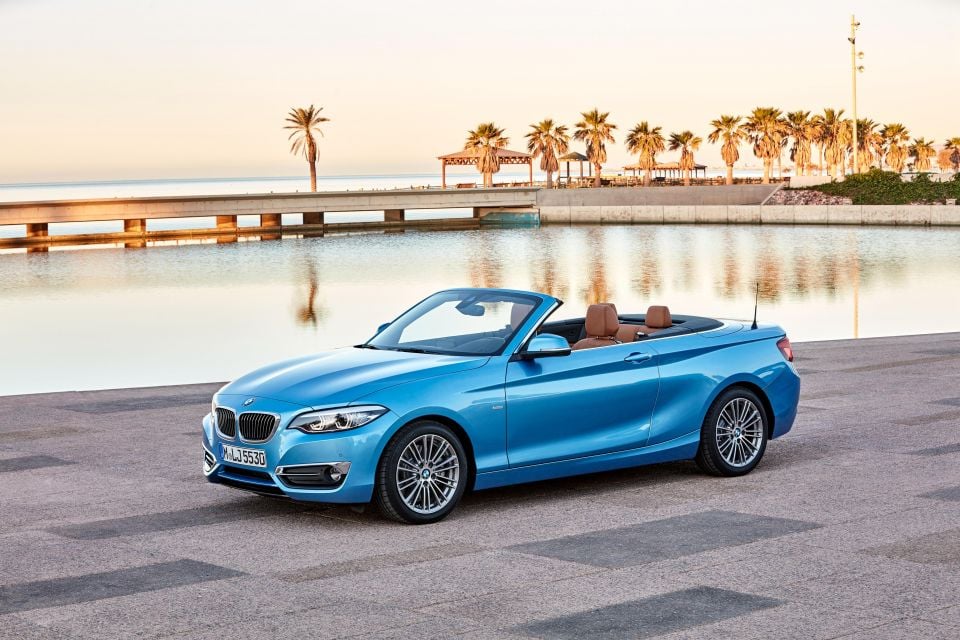
“Coupés, convertibles and roadsters, we will see what will be left,” said Zipse as the company looks to cut costs and reduce the number of models.
In addition to the Z4, BMW currently offers coupe and convertible 2 Series, 4 Series and 8 Series models. Each line also offers a four-door Gran Coupe variant, though the 2 Series Gran Coupe rides a different platform to its coupe counterpart.
The 4 Series has recently entered a new generation and we know a new 2 Series coupe is on the way, though we’ve yet to see a new convertible.
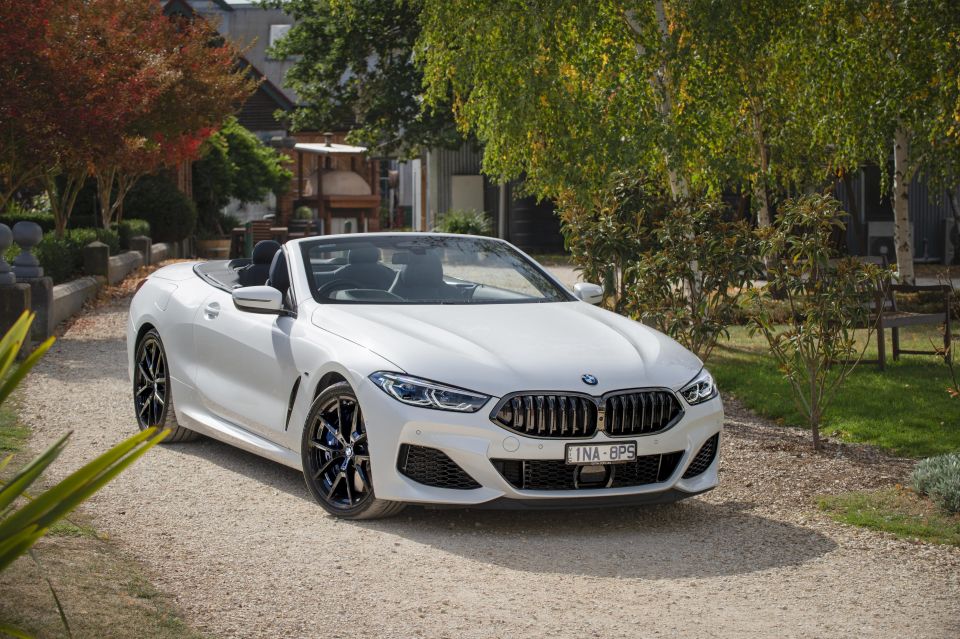
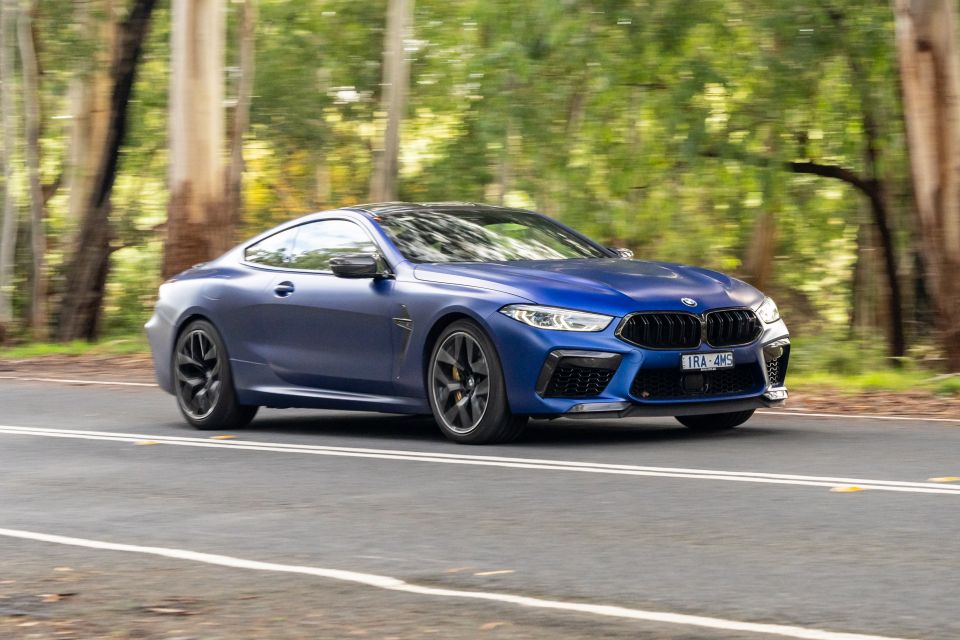
A report from Automobile Magazine last year said the 8 Series coupe and convertible (but not Gran Coupe) were being marked for death, alongside the regular-length 7 Series and 2 Series convertible.
BMW has already ended production of the i8. The company hasn’t just swung its axe at two-door models, either – the 3 Series Gran Turismo has been discontinued.
Any second-generation i3 will also be a dramatically different proposition and lack the outgoing car’s bespoke electric vehicle platform.
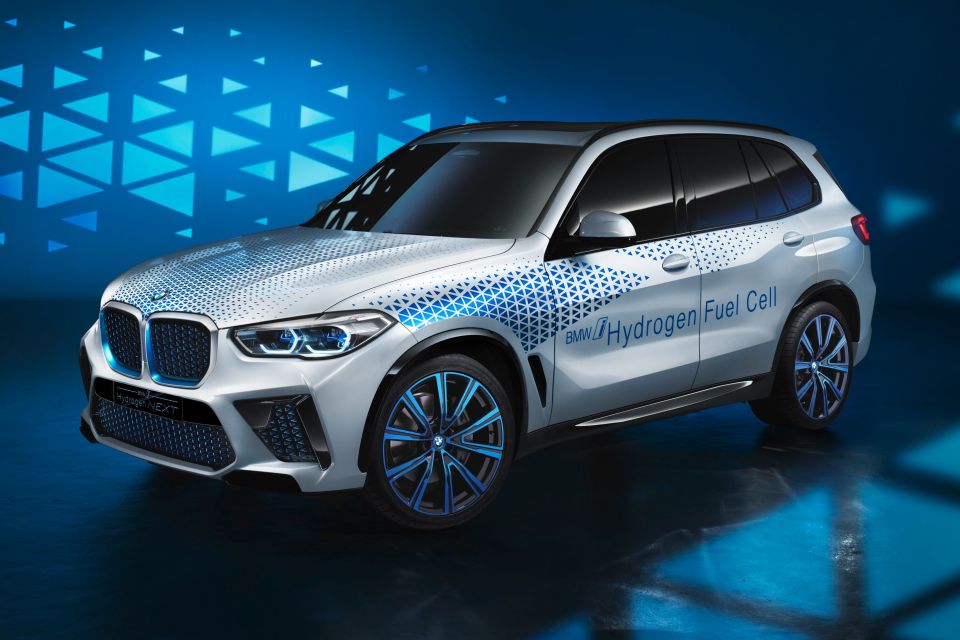
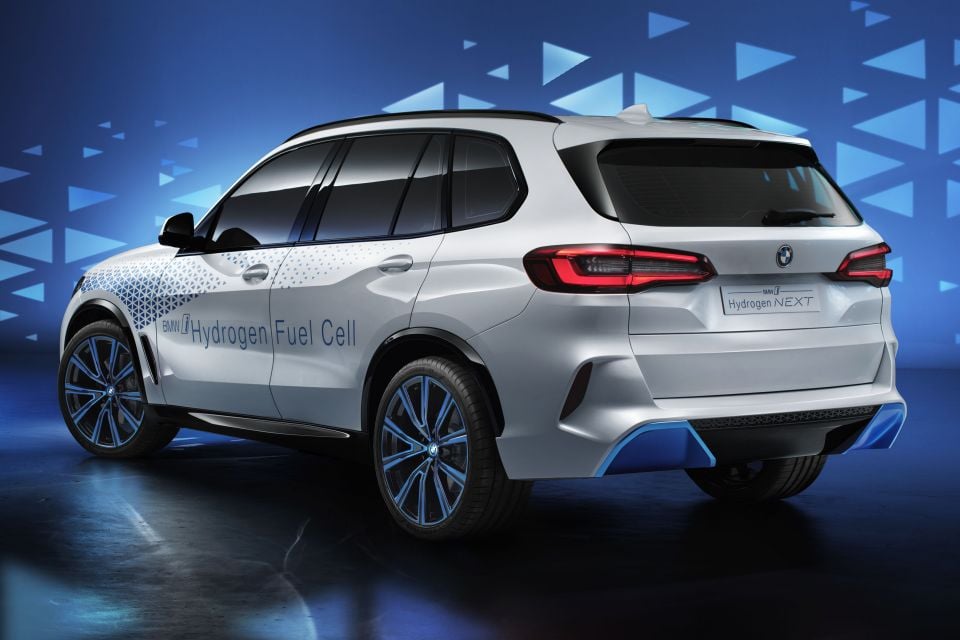
While the ranks of two-door BMWs may be thinning, the company sees a future for hydrogen fuel-cell vehicles particularly if there’s a push from governments to industrialise hydrogen production.
BMW and Toyota have been working together on this technology since 2013 and signed a product development partnership agreement in 2016.
The X5-based i Hydrogen Next, revealed at last year’s Frankfurt motor show and due in 2022, is the next hydrogen model of which BMW will begin small-series production.
The company wants to offer hydrogen fuel-cell vehicles more widely in 2025, much as Toyota does with its Mirai.
William Stopford is an automotive journalist with a passion for mainstream cars, automotive history and overseas auto markets.


Damion Smy
12 Hours Ago
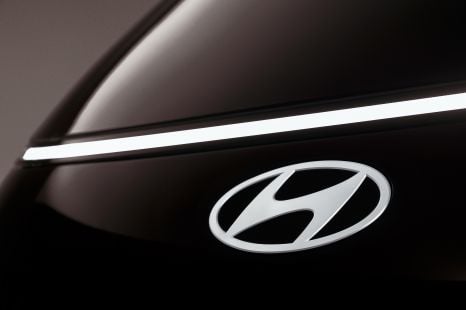

Damion Smy
15 Hours Ago
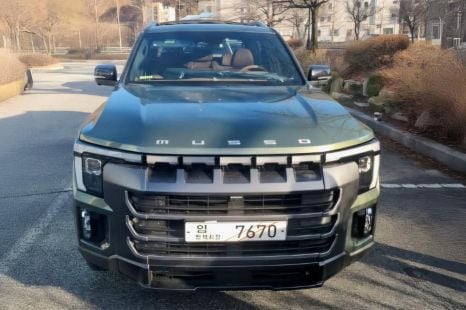

Damion Smy
19 Hours Ago
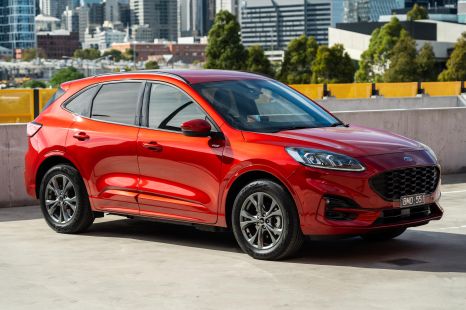

Damion Smy
20 Hours Ago
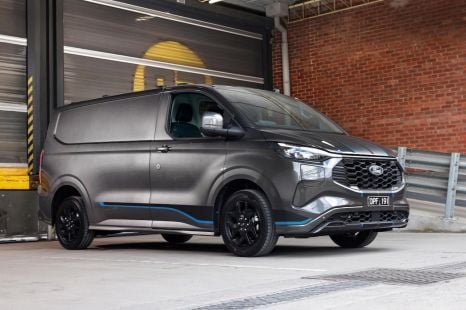

Damion Smy
21 Hours Ago
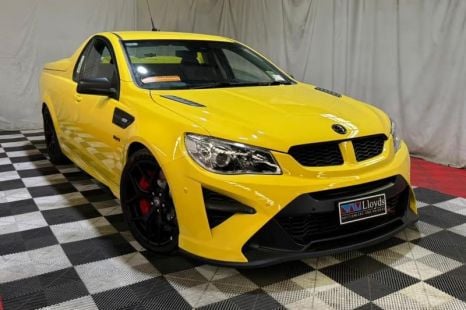

Damion Smy
21 Hours Ago